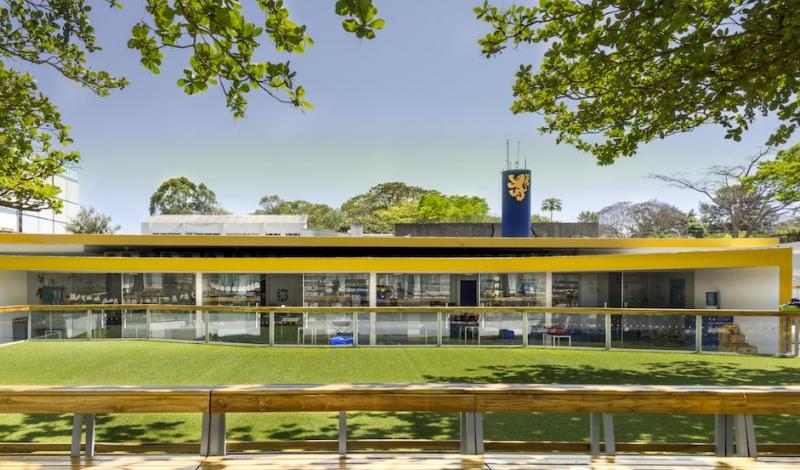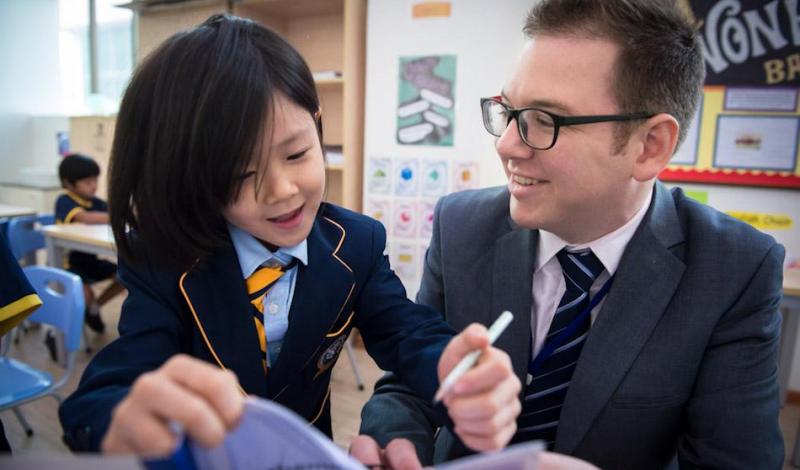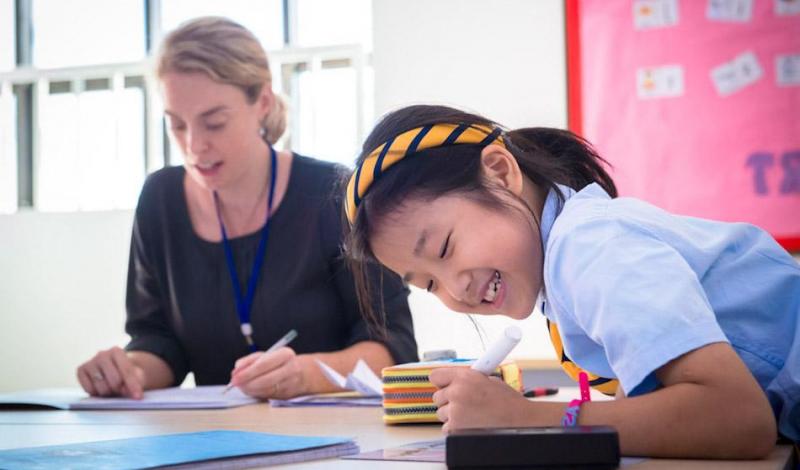British Education
British Education provides a reliable pathway to the best universities in the world, it produces people who don’t just know things but are also able to think for themselves and it draws from long-standing institutions, traditions and values, but what really defines British education?
At its simplest, it can be seen as a curriculum that is common to most schools in England and Wales (Scotland, the third part of Great Britain, has its own curriculum). The National Curriculum leads to GCSE (at age 16) and A Level examinations (at age 18). These are qualifications that are recognised by universities and employers around the world. The curriculum sets out specific learning objectives for every year group, with a well structured and coherent progression to learning from early childhood all the way to university entrance.
British education can also be seen as a way of teaching. Teachers in the UK tend to emphasise learning to think and to work things out for oneself over learning facts. They are also trained to differentiate, which means that students in a class receive varying degrees of challenge during a lesson depending on their ability and level of understanding. Delivering interesting and engaging lessons is seen as an important part of the teacher’s role, based on the premise that we learn much better when we feel motivated.
British education is also associated with activities that take place beyond the classroom. Organised games, outdoor pursuits and extra curricular activities, in general, are recognised as valuable for learning life skills and building character. Some activities are done in conjunction with well-known institutions, such as the Associated Board of the Royal Schools of Music or the Duke of Edinburgh Award.
Education in the UK is heavily infused with liberal ideas of freedom of thought and personal responsibility. Students are regularly invited to reflect on how their behaviour affects the world around them. The curriculum references not only British culture but also many other cultures from around the world. Tolerance towards others is strongly promoted.
British education is forward-looking and in constant evolution. The National Curriculum is reviewed frequently, and new methods often come into practice whilst the cliches of stiff upper lips and hard discipline fade into history, leaving behind softer traditions and customs.
Much of what is found today is not necessarily unique to British schools. What is unique is the blend of good practice and modern methods with a strong heritage that characterises British education. And at its best, when all these aspects are brought together effectively, the result is a rich, multi-faceted experience that prepares students very well for the rigours and challenges of life.




